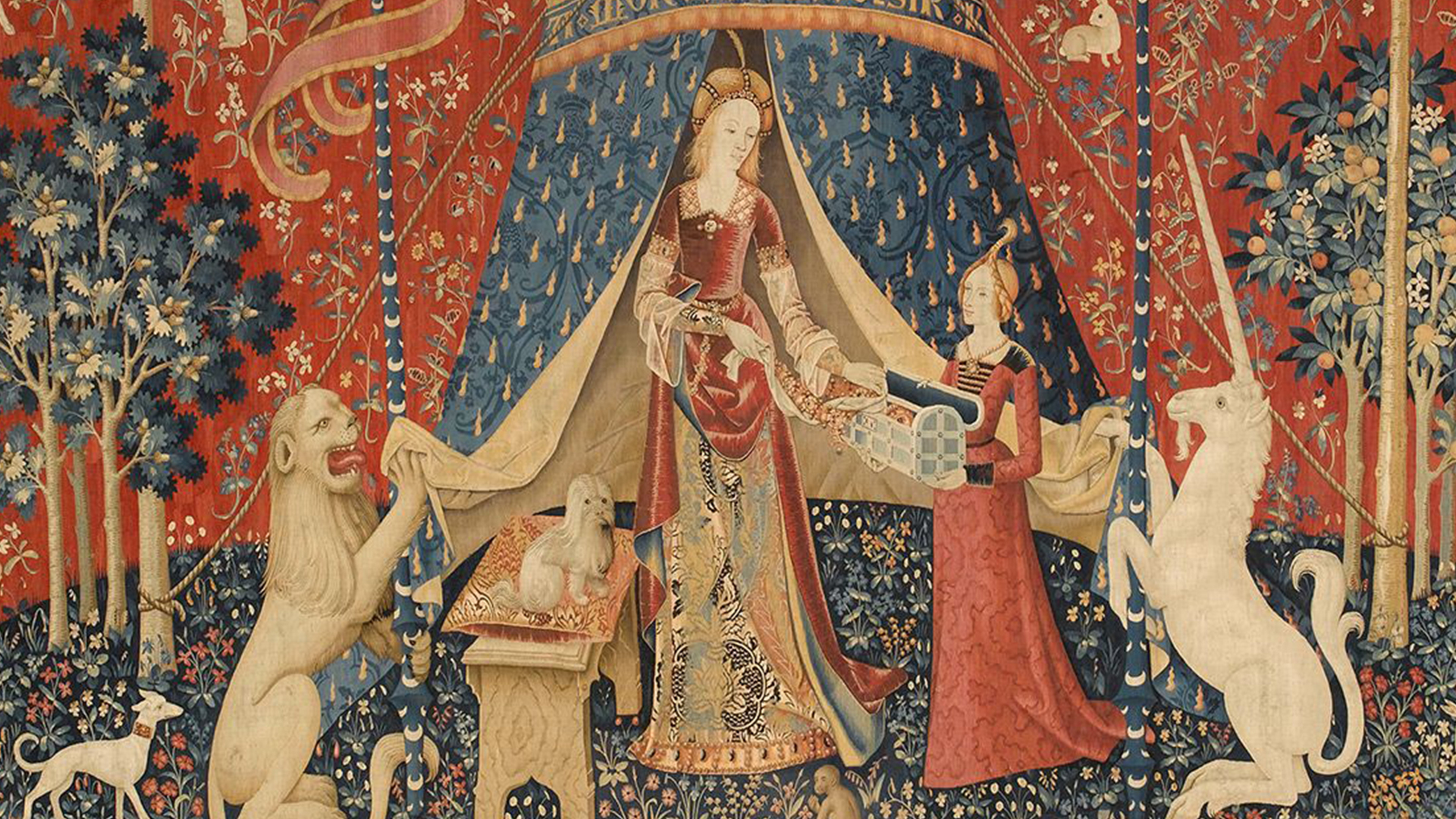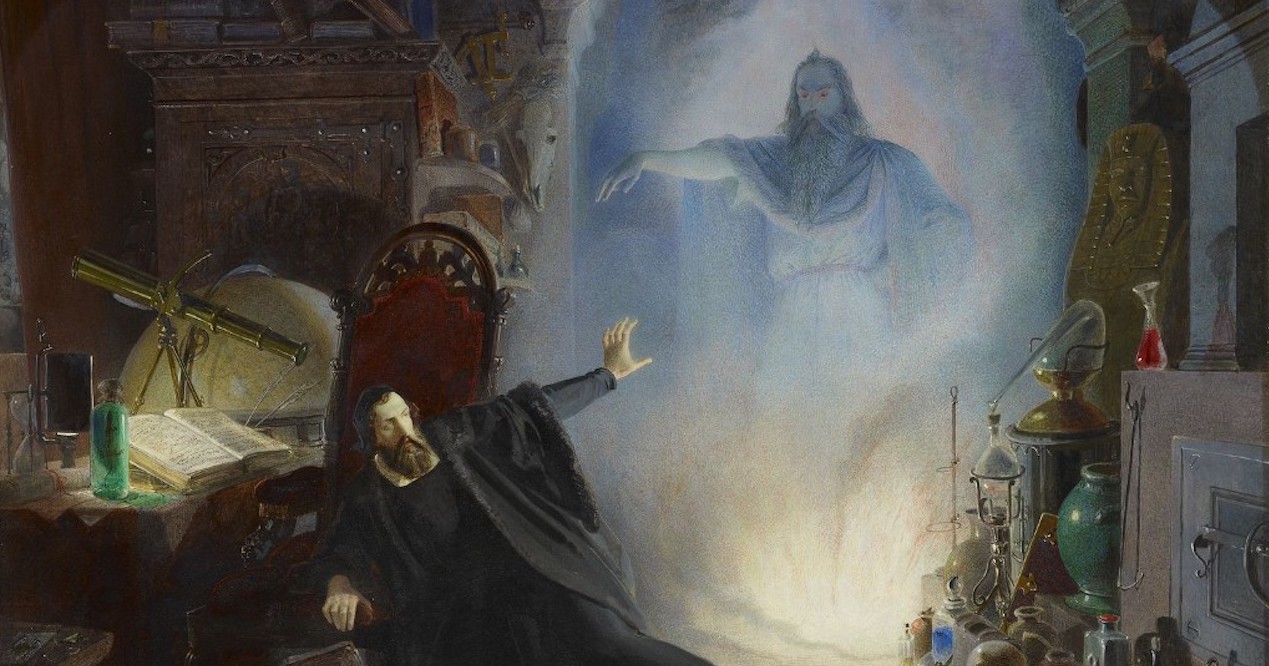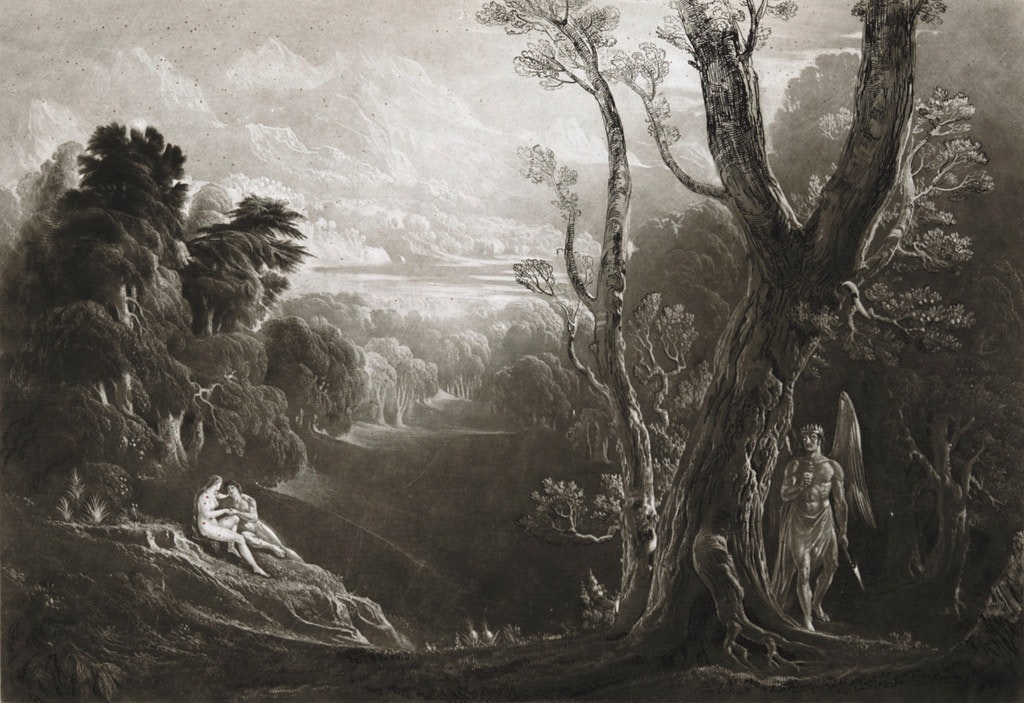Dame Ragnell combines her sexuality with the grotesque to refigure the text’s male perspective on women, teaching men to prioritize respect over physical beauty and to prize women’s sovereignty.
Comments closedCategory: Uncategorized
For Doctor Faustus, the antithetical quest for a return to an integrated being is irrevocably linked to the soul: the immaterial content of his character, which allows him to determine his fate.
Comments closedIn I’m Not There, Haynes deploys pastiche multifariously and daringly through six iterations of Bob Dylan and their respective stylistic citations of various film genres.
Comments closedIn Milton’s Paradise Lost Adam and Eve are not free; they are actors atop God’s woodie theatre, Paradise.
Comments closedIn Monkey Beach, Robinson reshapes Spam into a food of rebellion: it is a food which speaks of difference, whether it be between parent and child, colonial legacy and Indigenous culture, or past and present.
Comments closedThrough the lenses of Mrs Dalloway, her 1926 essay “On Being Ill,” and her 1923 short story “Mrs Dalloway in Bond Street,” Woolf interrogates the archive of traumas deemed worthy of heroization and remembrance within the cultural imaginary and acknowledges the unspoken traumas survivors were forced to bear alone.
Comments closedThrough the young girl’s departure and return to her home in Foster, Claire Keegan presents an ironic retelling of the parable of the Prodigal Son, critiquing the traditional authority afforded to the father of the Irish family.
Comments closedCunningham’s simultaneous evocation and minimization of political specificity acts as an exploration of Obama’s cultural iconization, while at the same time producing the conditions for Great Expectations’ success within the literary field.
Comments closed“Guests of the Nation” distorts boundaries between guest, hostage, and host, as the “guests” of the story are, ultimately, colonial powers, and their ejection comes with the sacrifice of Irish hospitality.
Comments closed







